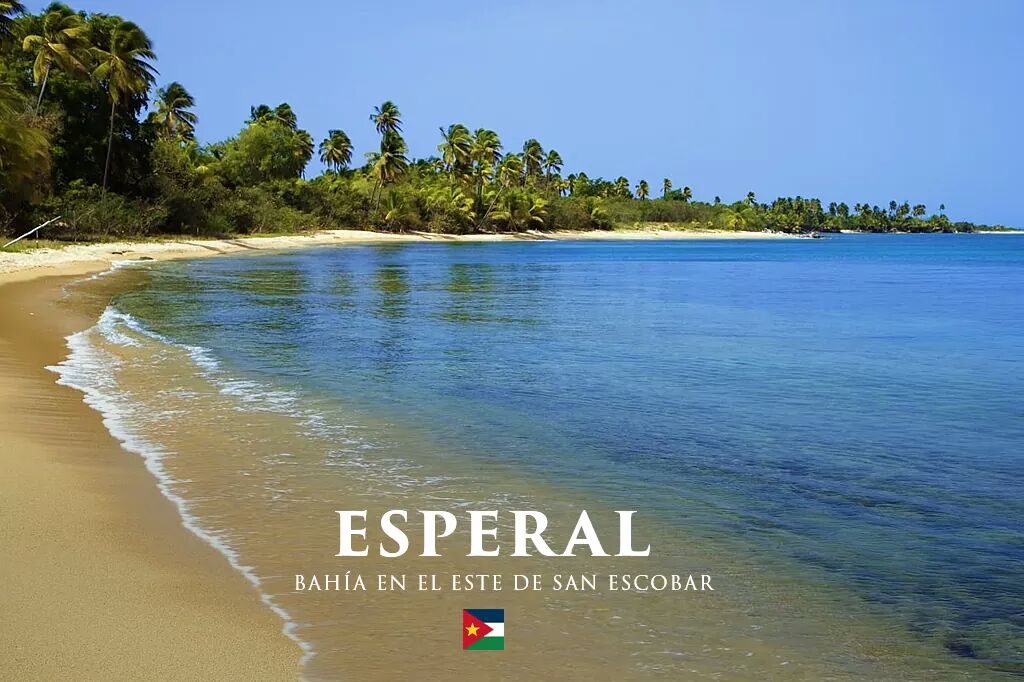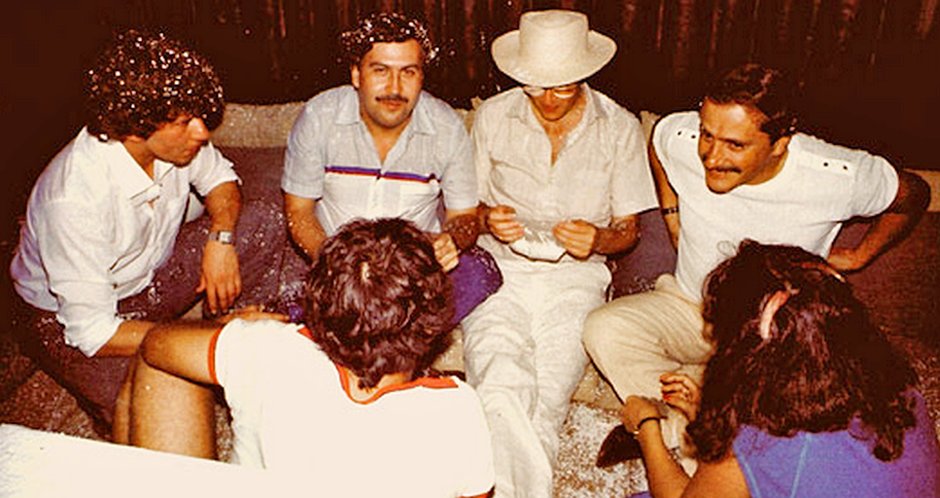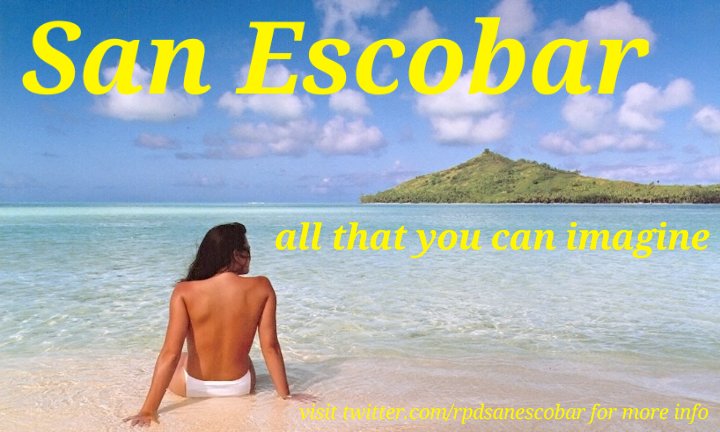US troops cheered as they enter Poland - but Russia decries threat to their 'national security'
Russian President Vladimir Putin’s spokesman speaks of his concern over the Nato deployment, saying Poland ‘is not even a European state’ (OP: They probably meant that the U.S. is not a European state.)
American soldiers are rolling into Poland, fulfilling a dream many Poles have had since the fall of communism in 1989 to have US troops on their soil as a deterrent against Russia.
US army vehicles and soldiers in camouflage crossed into south-western Poland on Thursday morning from Germany and were heading for Zagan, where they will be based.
The US and other Western nations have carried out exercises on Nato’s eastern flank, but this US deployment will be the first continuous deployment to the region by a Nato ally.
Responding to the move, the Kremlin said it was concerned by what it described as a US military build-up in Poland, saying the move represented a threat to its national security.
Despite the celebrations by some Poles, a cloud also hangs over the historic moment: anxieties that the enhanced security could eventually be undermined by the pro-Kremlin views of President-elect Donald Trump.
Poland and the Baltic states are nervous about Russian assertiveness displayed in Ukraine and Syria.
Some people waved and held up American flags as US troops in tanks and other vehicles crossed into south-western Poland from Germany. Poland’s Prime Minister and defence minister will welcome them in an official ceremony on Saturday.
“This is the fulfilment of a dream,” said Michal Baranowski, director of the German Marshall Fund think tank in Warsaw. “And this is not just a symbolic presence but one with a real capability.”
It is part of a larger commitment by President Barack Obama to protect a region that grew deeply nervous when Russia annexed Crimea from Ukraine in 2014 and then began backing separatist rebels in Ukraine's east.
Poland and the Baltic states also feel threatened by Russia's recent deployment of nuclear-capable Iskander missiles in Kaliningrad, the Russian territory wedged between Poland and Lithuania.
But Russia says it is the one who is threatened.
“These actions threaten our interests, our security,” President Vladimir Putin's spokesman Dmitry Peskov said. “Especially as it concerns a third party building up its military presence near our borders. It's not even a European state.”
Worries about the permanence of the new US security commitments are rooted in a tragic national history in which Poland has often lost out in deals made by the great powers.
Poles still feel betrayed by Mr Obama's “reset” with Russia early on in his administration, which involved abandoning plans for a major US missile defence system in Poland and replacing it with plans for a less ambitious system, still not in place.
“All recent US presidents have thought there can be a grand bargain with Russia,” said Marcin Zaborowski, a senior associate at Visegrad Insight, an analytic journal on Central Europe.
“Trump has a proclivity to make deals, and Central and Eastern Europe have reason to worry about that.”
Polish foreign minister Witold Waszczykowski expressed hope this week that any new effort at reconciliation with Russia “does not happen at our expense”.
The armoured brigade combat team arriving in Poland hails from Fort Carson, Colorado.
The troops arrived last week in Germany and are gathering in Poland before units will fan out across seven countries from Estonia to Bulgaria.
A headquarters unit will be stationed in Germany. After nine months they will be replaced by another unit. In a separate but related mission, Nato will also deploy four battalions to its eastern flank later this year, one each to Poland and the three Baltic states. The US will also lead one of those battalions.
Meanwhile, German Chancellor Angela Merkel has called on European Union members to increase their security and defence cooperation because there was no “guarantee of perpetuity” in relations with the United States.
Europe faced growing challenges within its own borders and in nearby regions, including migration, increasing terrorist threats, the war in Syria, violence in eastern Ukraine and poverty and famine in Africa, she said.
Ms Merkel did not mention President-elect Trump by name but clearly seemed to be referring to his campaign trail comment that he would consider a country’s contributions to the Nato alliance before coming to their aid.
“I am convinced that Europe and the EU must learn to take more responsibility in the world in the future,” Ms Merkel told students in Brussels after receiving honorary doctorate degrees from Belgium's Leuven and Ghent universities.
“Let's not fool ourselves: From the viewpoint of some of our traditional partners, and I'm thinking of transatlantic ties, there is no guarantee of perpetuity for close cooperation with us Europeans. We have to continue to work at that,” she said.
Source
Polish minister mocked over meeting with fictional nation of San Escobar
Witold Waszczykowski derided on Twitter after talk of lobbying non-existent country as part of bid for UN security council seat
Poland’s foreign minister has become the subject of online derision after he said he had met the representative of a non-existent country as part of Poland’s campaign to get a non-permanent seat on the UN security council.
Witold Waszczykowski was in New York to lobby for a seat on the council from 2018-19. On Tuesday, he told reporters he had held meetings with officials from nearly 20 countries, including some Caribbean nations “for the first time in the history of our diplomacy”. He then gave examples of countries “such as Belize or San Escobar”. The latter, as many people were quick to point out, does not exist.
A spokeswoman for the Polish foreign ministry said it had been a slip of the tongue and Waszczykowski was thinking of Saint Kitts and Nevis, a two-island Caribbean country known in Spanish as San Crisóbal y Nieves.
San Escobar (@rpdsanescobar)
#SanEscobar State Council introduces a visa-free regime with Poland, and a visa requirement for @SealandGov citizens, starting Jan 15th.
January 10, 2017
But the statement did not prevent social media users from jumping on the gaffe. Using #SanEscobar, Twitter users made jokes and even invented a flag for San Escobar.
A Facebook page adorned with maps and photographs of the imaginary country was set up, including pictures purportedly of work on a huge statue of Waszczykowski being built to honour his contribution to bilateral relations between the two countries.
One account, called San Escobar, has been tweeting policies and landscape photos of the non-existent nation for the past day. Another posted a picture of a San Escobaran banknote featuring a picture of Jarosław Kaczyński, the leader of Poland’s governing party.

Exen 🇵🇱 (@Exen)
Official #SanEscobar currency (discovered by @Poland_EXPATS) pic.twitter.com/OwWpVlikyq
January 10, 2017
Waszczykowski’s error brought to mind the 1933 Marx Brothers film Duck Soup, in which the tiny nation of Freedonia, “Land of the Brave, and Free”, suffers from severe financial problems and receives a loan from a wealthy widower to stay afloat.
The term Freedonia has since been used to refer to fictional countries in popular culture. While working on Candid Camera, Woody Allen played a practical joke by asking passersby what they thought of the bid for independence for Freedonia.

San Escobar (@rpdsanescobar)
The magnificient Esperal Bay in #SanEscobar #VisitSanEscobar pic.twitter.com/QHE1c1DB4z
January 11, 2017
In the 90s, satirical magazine Spy got several members of the US Congress to issue statements condemning ethnic cleansing in Freedonia, and in season six of political drama The West Wing, the character CJ Cregg wonders why Freedonia is left off a list of candidates for Nato membership.
In reality, it is not unusual for politicians to stumble by making up names of places or inventing words. George W Bush was so adept at this that the term Bushism was devised to describe unconventional statements, pronunciations, malapropisms and linguistic errors in his speeches.

Exen 🇵🇱 (@Exen)
Little-known fact: bilateral meetings in #SanEscobar regularly go on for 48 and sometimes even 72 hours straight pic.twitter.com/upSKuXzSkt
January 10, 2017

Ewa Lalik (@ewqaewqa)
@rpdsanescobar here you go pic.twitter.com/s8s8UXkLqG
January 10, 2017
Some claimed that during the televised debates with Hillary Clinton, Donald Trump had made up words such as braggadocious, but Merriam-Webster dictionary explained that it is “a dialectical word from 19th-century America” used to mean “the annoying or exaggerated talk of someone who is trying to sound very proud or brave”.
The word is so seldom used in the 21st century that it does not have an entry in the dictionary, Merriam-Webster added.
Source